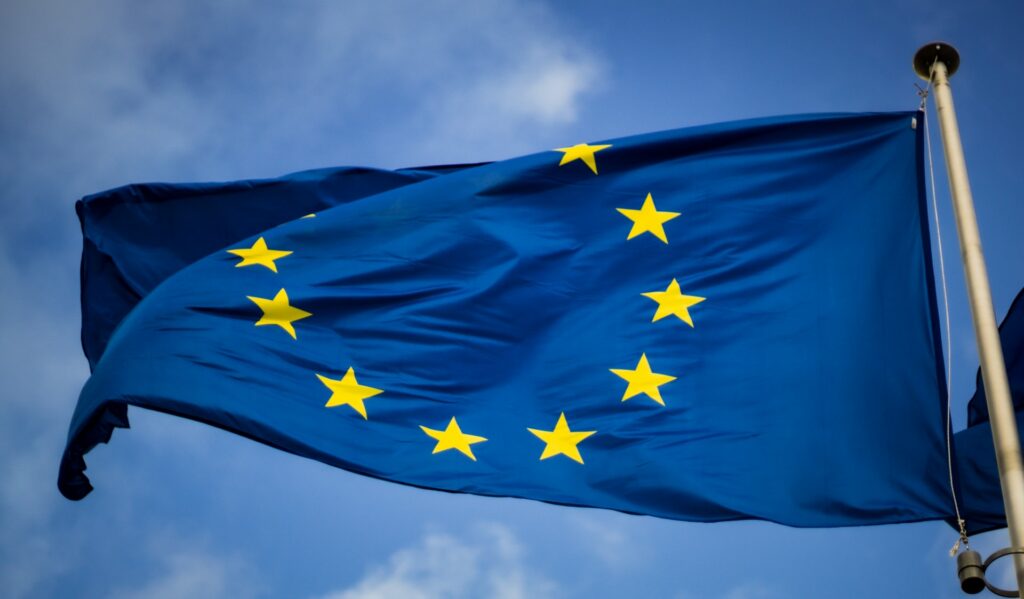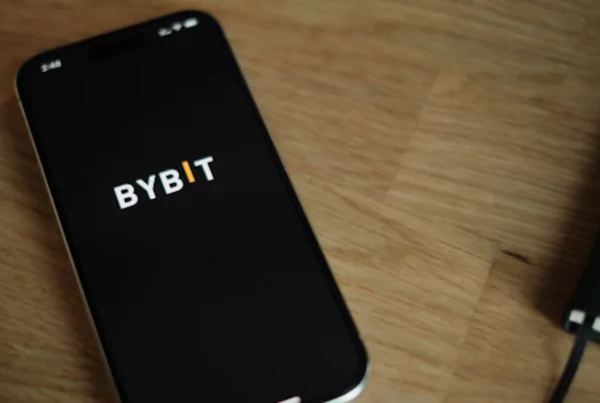
Key takeaways:
- European Union plans on creating a new European-wide agency to combat money laundering and financing of terrorism activity
- The new rules will encompass digital currencies and traditional money transfers
- Crypto exchanges will be required to disclose their users’ information to relevant local authorities
Bitcoin and other digital assets have always been seen as a good albeit a bit risky investment class. This is mostly because the amount of profit that the crypto assets can potentially generate trumps more conventional trading opportunities. Despite the crypto industry’s best effort to self-regulate and to cooperate with government officials, some experts and financial agencies remain skeptical about digital assets.
Most of the blame for the current situation falls on various bad actors in the cryptocurrency sphere, who have taken advantage of the opportunity brought on by the quickly growing sector to spread false promises and employ predatory business models. To combat this and other potentially detrimental practices across the crypto industry, the European Union has announced that it is looking to set up a new body that will enforce stricter rules when overseeing crypto-related activities.
The EU wants details on traders using crypto
As per the EU’s statement, the new regulatory body will be checking for potential money laundering schemes and investigate suspicious dirty money activities. As reported by Reuters, the EU will eventually start instructing crypto exchanges to provide the relevant local authorities with details on individuals carrying out a transaction on their platform.
According to the report, the new EU rules do not explicitly stipulate that transfers of digital assets should be reported. However, as shared by Reuters, the new document said that the absence of rules in the sector could open up crypto traders to the risk of being associated with money laundering and terrorism financing.
To put the plan into action, the executive arm of the EU, the European Commission, would see to it that the new Anti-Money Laundering Authority is created. The document also mentioned that the new authority would work hand in hand with national agencies to prevent crimes in the sector.
The European Union wants to eliminate the potential of digital currencies to be used for money laundering
The reason why the creation of the new body was proposed in the first place was because Danske Bank, one of Denmark’s biggest banks, popped up on the radar of European authorities for money laundering charges. The bank processed approximately $227 billion of suspicious transactions from 2007 to 2015 through one of its smallest branches located in Estonia.
Even though the bank didn’t use digital assets, the EU nevertheless feels that the use of digital assets for such crimes is not far-fetched. Since the union currently lacks the European-wide authority to enforce the laws against the so-called dirty money, the officials came under pressure to create a new initiative to combat money laundering.
“By directly supervising and taking decisions towards some of the riskiest cross-border financial sector obliged entities, the Authority will contribute directly to preventing incidents of money laundering/terrorist financing in the Union.”
– Excerpt from the EU document.
At the moment, the EU does not have direct power to stop the circulation of dirty money, instead, it relies on member states to do their part.



